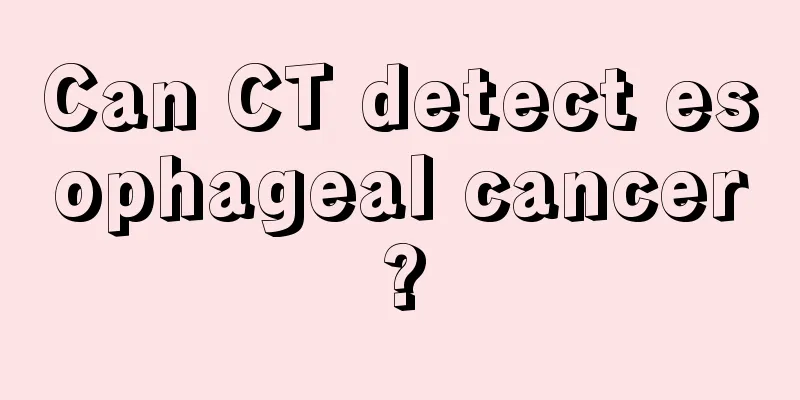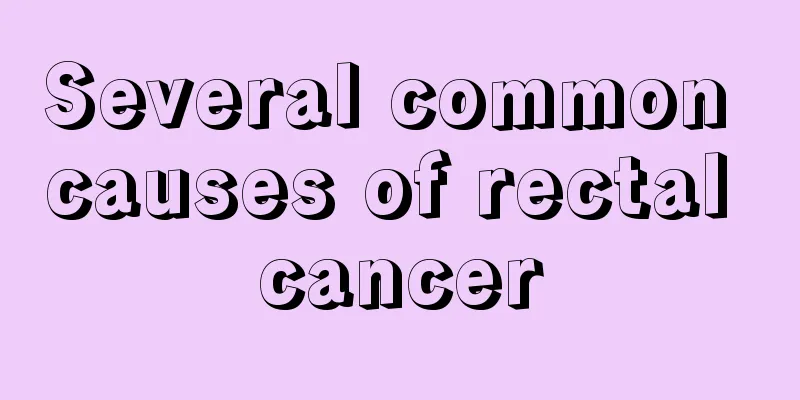Is nasopharyngeal carcinoma a genetic disease?

|
Nasopharyngeal carcinoma is not a simple genetic disease, but genetic factors may play a role in its occurrence. The occurrence of nasopharyngeal carcinoma is related to multiple factors such as genetics, environment, and viral infection. Treatment methods include radiotherapy, chemotherapy, and surgery. 1. Genetic factors The incidence of nasopharyngeal carcinoma is related to heredity. Studies have found that certain gene mutations may increase the risk of nasopharyngeal carcinoma, especially for people with a family history of nasopharyngeal carcinoma, who have a relatively high probability of developing the disease. For example, the polymorphism of the HLA gene is closely related to the susceptibility to nasopharyngeal carcinoma. Nevertheless, genetic factors are not the decisive factors, and environmental and other external factors are equally important. 2. Environmental factors Environmental factors are one of the important causes of nasopharyngeal cancer. Long-term exposure to certain chemicals such as formaldehyde and sawdust or living in areas with severe air pollution may increase the risk of the disease. Eating habits are also related to nasopharyngeal cancer. For example, long-term consumption of pickled foods such as salted fish and pickled vegetables may increase the probability of the disease. 3. Viral infection Epstein-Barr virus infection is one of the main causes of nasopharyngeal carcinoma. Epstein-Barr virus infection may cause nasopharyngeal cells to become cancerous, especially in people with weakened immune function. Regular physical examinations and virus screening can help early detection and intervention. 4. Treatment methods The treatment methods for nasopharyngeal carcinoma mainly include radiotherapy, chemotherapy and surgery. Radiotherapy is the first choice for nasopharyngeal carcinoma, especially for early-stage patients, as radiotherapy can effectively control tumor growth. Chemotherapy is often used in combination with radiotherapy, and commonly used drugs include cisplatin, paclitaxel, etc. For locally advanced or recurrent nasopharyngeal carcinoma, surgery may be a necessary option, such as endoscopic sinus surgery or neck lymph node dissection. 5. Prevention and life advice Prevention of nasopharyngeal cancer can start with lifestyle habits. Reducing the intake of pickled foods and increasing the proportion of fresh vegetables and fruits can help reduce the risk of disease. Avoiding contact with harmful chemicals, maintaining indoor air circulation, and regularly screening for EB virus are also important preventive measures. The onset of nasopharyngeal carcinoma is the result of the combined effects of multiple factors. Although genetic factors have a certain influence, they are not the only cause. By understanding the cause and taking corresponding preventive measures, the risk of disease can be effectively reduced. Early detection and standardized treatment are the key to improving the cure rate. |
<<: Will renal hamartoma disappear by taking Chinese medicine? Can it be cured?
>>: Was there severe vaginal bleeding last night?
Recommend
What are the benefits of soaking your feet in beer?
Alcohol is a substance that is both harmful and b...
What causes fibroids
Fibromas originate from fibrous tissues, and are ...
Which is more terrible, cervical cancer or breast cancer
Which is more terrible, cervical cancer or breast...
What are the preventive measures for patients with pituitary tumors
Everyone knows that once some diseases are contra...
What are the misunderstandings about hepatitis B surface antigen?
When checking for hepatitis B in the hospital, th...
What is high anal fistula
Anal fistula is a disease caused by infection, wh...
How to reverse arteriosclerosis?
Arteriosclerosis is a pathological change that is...
Is white vinegar vinegar essence?
White vinegar is a type of vinegar we often eat. ...
What are the examination items for bone cancer
As more and more patients with bone cancer have o...
What are the methods for checking gastric cancer? There are five methods
Cancer is a very serious disease and is very diff...
What may be the causes of pinky joint pain?
The fingers are connected to the heart. If the li...
The efficacy, function and use of alum
Alum is a product that is widely used in life. It...
The most standard eye massage technique
Everyone must be familiar with eye exercises, whi...
Should I wear a bra when wearing a swimsuit?
Girls often encounter some problems when swimming...
What are the nursing methods for liver cancer? 5 effective nursing methods for liver cancer
The treatment of bitter melon in the folks is ver...









